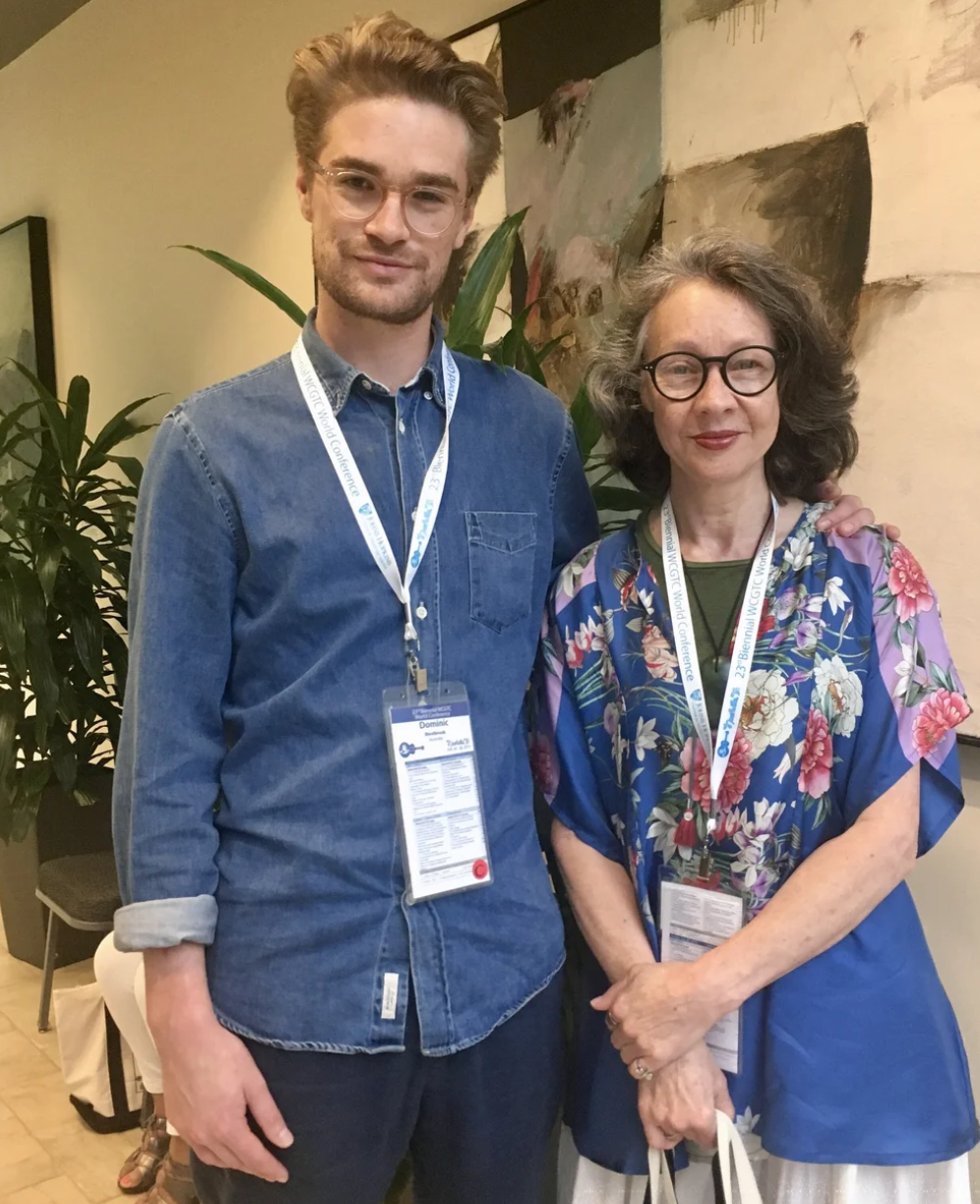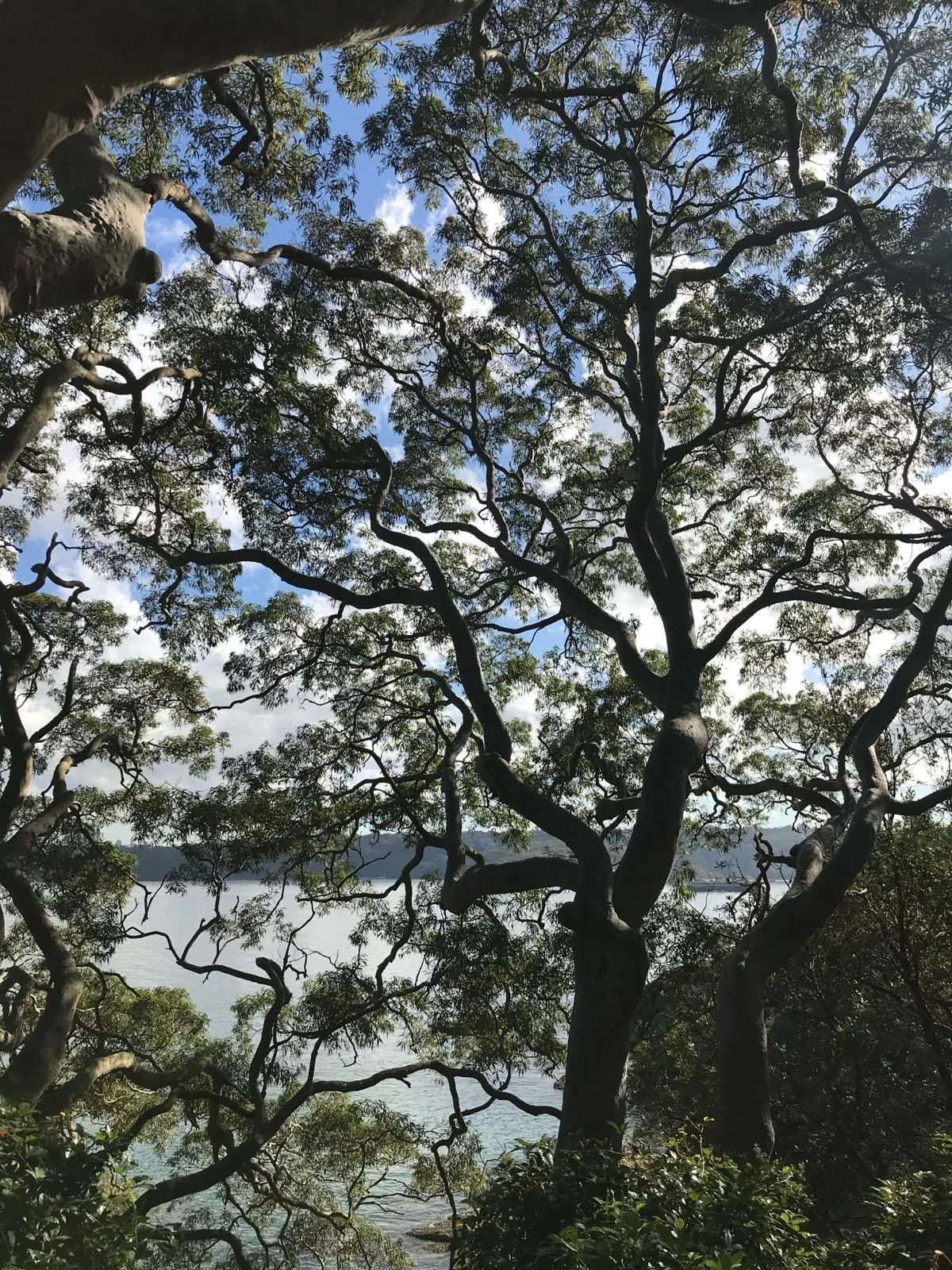A team with specialised interest in giftedness and lived experience.
Led by a psychologist and a counsellor, and joined by consultants with Masters and PhDs in Psychology and Education, we bring both warmth and specialist knowledge in gifted education.
Who you’ll be working with
-
Founder; Psychologist; Image Free Thinker
Fiona Smith is the Founder of the Gifted Minds practice.
She has a Bachelor of Arts Degree with Honours in Psychology and a Masters Degree of Education, majoring in Gifted Education. She also has full registration with the Psychology Board of Australia and Full Membership of the Australian Psychological Society. Fiona's qualifications make her unique in the field, as she combines degrees in Psychology and Education, while specialising in gifted education.
Fiona has worked with gifted individuals for the last 27 years beginning at GERRIC (Gifted Education Research, Resource and Information Centre), UNSW, in 1998 and commencing her private practise in 2004. She has had extensive experience using the Stanford Binet (Fifth Edition, Fourth Edition and SB-LM) and Wechsler tests (WISC-V, WISC-IV and WISC-III).
Fiona is frequently invited around Australia to assess gifted children and adolescents, visiting Perth, Albany, the Gold Coast, Canberra, the Sunshine Coast, the Southern Highlands, Dubbo and other venues in rural NSW. Fiona was invited to assess in Beijing in March, 2007 and travelled to Hong Kong in 2011 to assess over twenty children. Fiona often talks to parent groups and teachers. She has also worked with the Sydney Catholic Education Office to help identify children for their SWAS (School Within A School) Program.
Fiona has a special interest in working with gifted adolescent girls and women who are having difficulties with their intensities and sensitivities. Her other areas of interest include literature for gifted kids, using humour in counselling and parenting, and identifying creative-divergent (invisible) gifted children who do not learn in the conventional way.
Fiona has spoken at various conferences since 1998. She has a paper on the Mensa website: An Australian Mensa Initiative: Celebrating your gifted child's sensitivity. Fiona has been published in the NAGC Parenting for High Potential Fall 2015 Issue: Patrilineal Ability: Nurturing Giftedness in Grandfathers, Fathers and Sons. She has a talk on the APS website from the Inaugural Australian Psychological Society Congress held in Melbourne in 2016: Psychologists and gifted clients: When unusual is typical and atypical is usual. Fiona has also been published in the Advanced Development Journal: Walking in another's shoes and getting blisters: A personal account of the blessing and curse of intense empathy.
Fiona is an image-free thinker (Aphantasic) and is happy to talk about this with her clients. -
Counsellor and Practice Manager; Creative Thinker
Dominic is the Counsellor/Therapist at Gifted Minds as well as the Practice Manager. Phone enquiries will be taken by Dominic and directed on as needed.
Dominic has a Bachelor of Arts degree majoring in English and Sociology and a Postgraduate Diploma of Counselling from ACAP. He is a registered Counsellor with PACFA. Dominic's role at Gifted Minds is to work with gifted children, adolescents and young adults in resilience based-training to help with any negative aspects of social or emotional overexcitabilities and sensitivities.
Dominic is also available to counsel adults and parents about advocating for themselves and their children.
He has completed additional training with Dr Michael Postma from Gifted and Thriving on parenting gifted children and has a thorough knowledge of the needs of gifted and twice exceptional children and issues with misdiagnosis and missed diagnosis.
Growing up a gifted student himself, he has an understanding of the frustration and boredom that can be a factor in some academic situations and institutions and the social and emotional ramifications that can ensue.Using Person-Centred and Cognitive Behavioural Therapy with mindfulness and strength-based techniques, he works with the client to create balance between the intellectual and social spheres, to build resilience in the face of boredom, to understand sensitivity, over-excitability and frustration and to help build and strengthen social skills and adaptability. Dominic’s sessions provide an emotionally safe and intellectually stimulating space that provides catharsis from any boredom and frustration at school, any inter-social issues and any sensitivities.
Dominic has spoken at conferences in the US including SENG and the WCGTC (World Council for Gifted and Talented Children)
Past Talks and Presentations
Fiona and Dominic have had the opportunity to contribute to the gifted community through extensive articles, commentary and presentations. A selection is listed below.
-
Rage, rage against the dying of the light: An examination of the journey towards death. An understanding of Positive Disintegration can help the gifted elder go through phases of grieving as physical and mental faculties are progressively deteriorating.
-
"Sailing into the Future: Community, Advocacy & Adventure" "Sailing (submerging, sinking, shambling, settling and surging) into the Future (and Beyond): The Adventures of Antipodean Atypicals”. Giftedness is a form of neurodivergency. A gifted individual is atypical due to differences in intelligence, intensity and, often, creativity. Neurodivergency is all about the atypical. In this presentation two very different thinkers and perceivers, both gifted, will examine how we understand thinking and how this effects how we understand learning. Introducing the aphantasic and hyperphantasic gifted thinker to explore the diverse world of thinking well outside the box.
-
The Inner World of the Gifted The joy of intellectual challenge and the despair of intellectual frustration. The art and science of identifying and supporting gifted individuals of all ages and understanding their joy & despair, challenge & frustration.
-
Why gifted students may become academic underachievers. Some useful classroom strategies on how to connect with them, while busting myths around underperforming and unmotivated gifted students and the impact of intensity and intellectual frustration. Providing a brief overview of testing regarding gifted students and the differences between aptitude or IQ tests such as the SB5 and WISC-V and achievement tests such as the WIAT-III.
-
The socio-emotional development of gifted children within the family and at school.
-
Smith/Westbrook Intellectual Frustration Therapy with Fiona Smith and Dominic Westbrook 1-4 PM. SWIFT is a tailor-made therapy for gifted individuals designed specifically for helping them celebrate their intensity, inventiveness and intellect, while identifying and coping with the impact of chronic boredom, intellectual frustration, perfectionism and procrastination.
-
SWIFT – introducing a tailormade therapy for gifted individuals designed specifically for helping them celebrate their intensity, inventiveness and intellect, while identifying and coping with the impact of chronic boredom, intellectual frustration, perfectionism and procrastination.
Gifted LGBTQ Students around the World: Needs and Responses. Gifted LGBTQ youth are safer and happier in some parts of the world than they have been in previous times. Yet, depending on their nation and sector of their country, these youth face very different situations in terms of the extent to which they have access to resources that empirically-supported research has shown to be necessary, including physical safety, psychological support, teaching role models, LGBTQ curriculum, and professional learning for their educators to support all of these elements. In this session, three LGBTQ-supportive presenters share empirical, professional, and personal data to indicate how their countries are assisting gifted LGBTQ youth. Hear this first-ever session on diverse international perspectives on a population that is increasingly becoming heard! -
The frustration inferno: Counselling intellectually and creatively gifted individuals experiencing chronic boredom and acute frustration.
-
SPAWA September 2018. Psychologists and gifted clients: When 'unusual' is typical and 'atypical' is usual
St Andrew’s Cathedral School K-10 Gifted and Talented Scholarship Information Night. March 2018. Talk: What to do when your gifted child refuses to do what you ask. Panel Discussion.
EYES (Early Years in Education Society) Conference, Perth, May 2017. Understanding and nurturing gifted four to eight year olds in their quest for challenge in their learning.
SENG Annual Conference, July 2017 Gifted Families, Past and Future: Understanding intellectual giftedness across gender and generation.
Roseville College June 2016 Staff Talk: Affective Characteristics of Gifted Girls. Parent Talk. Divergent Minds.
PD for Psychologists in Tasmania. September 2015. First Session: Assessing and Supporting Gifted Children at Home and at School. Second Session: Giftedness: Definitions, Research Findings – and what they mean. Third Session: Counseling gifted individuals - Intensity and sensitivity, labeling and misdiagnosis.
Conference Presentation Oxford, UK. June 2012: Mindful Measurement – Identification practices and their impact on the creative-divergent child.
NAGC Conference Presentation (with Dr Helen Van Vliet): New Orleans, November 2011. Sustaining gifted youth and their families in the new millenium: Case studies from Australia.
2008 AAEGT conference in Tasmania. Interpreting Intelligence: Preliminary Findings from the analysis of 800 Stanford Binet Five assessments with mildly to exceptionally gifted individuals. -
Mensa Australia website: An Australian Mensa Initiative: Celebrating your gifted child's sensitivity.
NAGC Parenting for High Potential Fall 2015 Issue: Patrilineal Ability: Nurturing Giftedness in Grandfathers, Fathers and Sons.
Advanced Development Journal: Walking in another's shoes and getting blisters: A personal account of the blessing and curse of intense empathy.
Presentation on the APS website from the Inaugral Australian Psychological Society Congress held in Melbourne in 2016: Psychologists and gifted clients: When unusual is typical and atypical is usual.
Positive Disintegration Podcast: Gifted Minds and Empathy. Jan 29, 2022 - In episode 7, Chris and Emma were joined by Fiona Smith, a psychologist from Sydney, Australia. Fiona brings to life the issue of living with intensities and sensitivities, from her perspective of a parent as well as her own experiences. We learn (again) that having an intense experience of life brings challenges, and we hope that listeners will resonate with her words. We discussed empathy, overexcitabilities, what it’s like to be image-free (aka aphantasia), and how Dąbrowski’s theory has played a role in Fiona’s life and work. The bottom line is that you're not alone in struggling with your intensity—there's a reason why you don't fit into the world. And you know what? That’s OK! The blessings of rich experience are as real as the challenges. https://www.positivedisintegration.org/p/gifted-minds-and-empathy
GATCA-WA Podcast: The Gifted Myth. Gifted Underachievement. Episode 3. 2023





